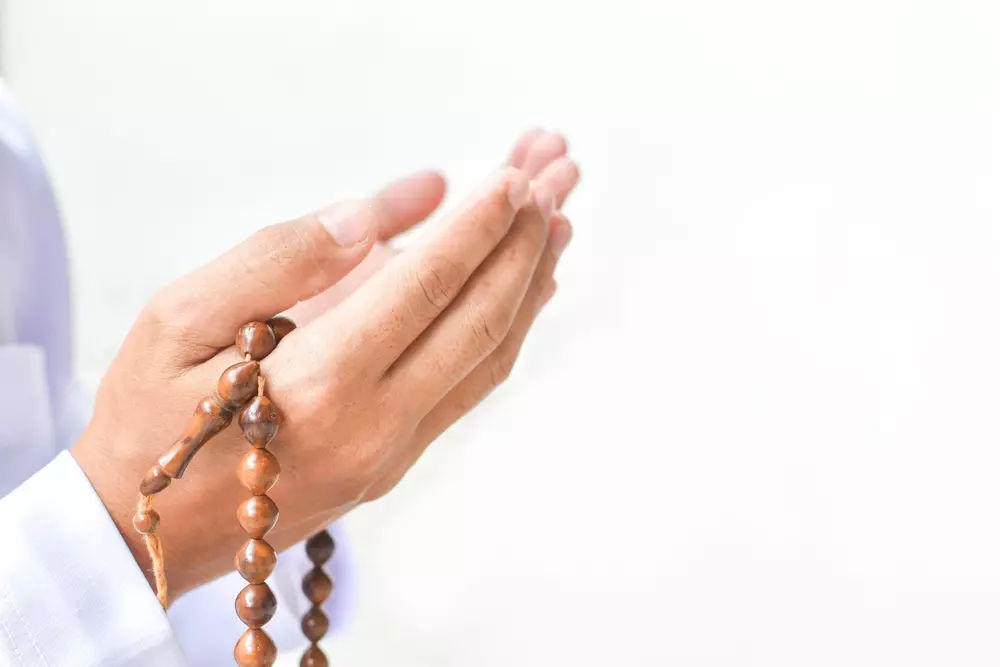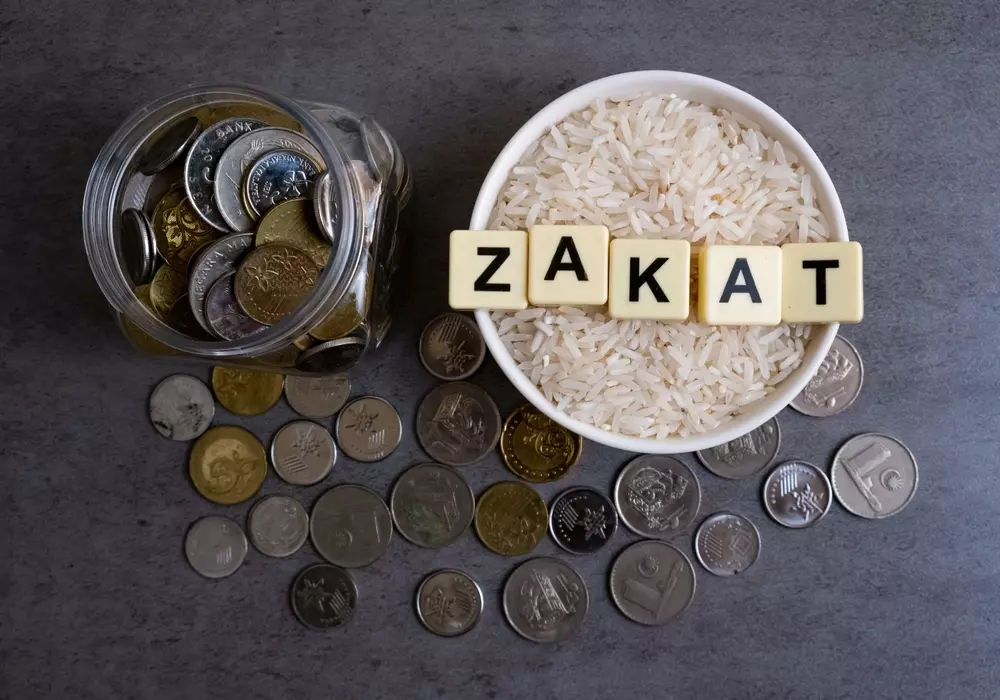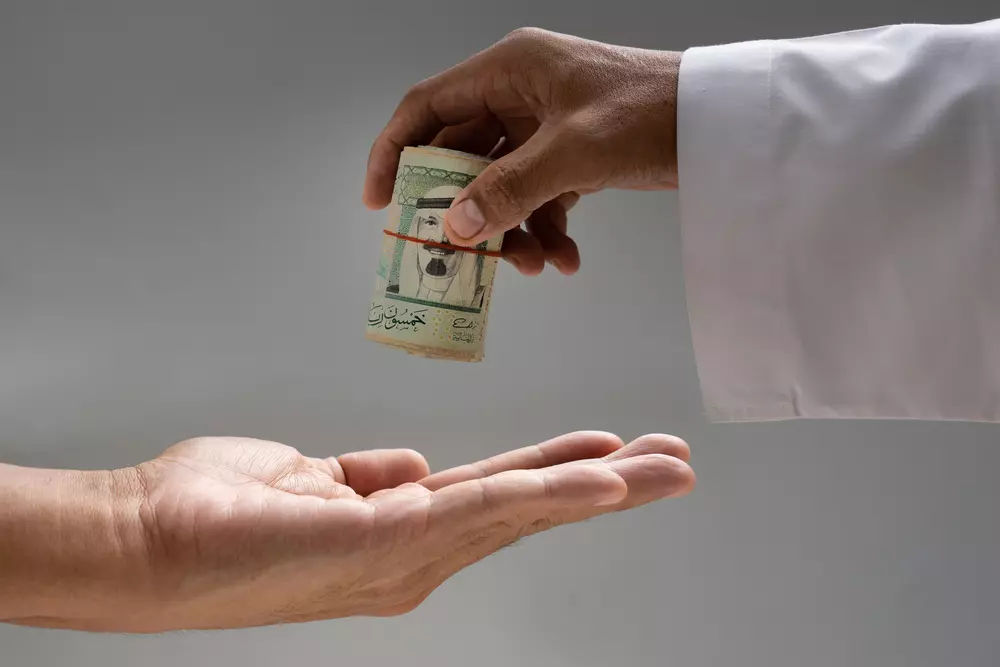Rabi al-Awal is one of the least recognised months within the Islamic Hijri Calendar. Here at Charity Meals, we aim to shine light on the importance of this month and equip Muslims with the right knowledge so that they may navigate through the month of Rabi al-Awwal with complete confidence.
What is Rabi al-Awwal?
Let us dissect the words ‘Rabi al-Awwal’ in Arabic. The word ‘Rabi’ means spring, and the word ‘al-Awwal’ means the first, so Rabi al-Awwal translates to ‘the first spring’. It is important to note that this month holds great importance for various reasons that we’ll be delving into within the next few paragraphs.
When is Rabi al-Awwal?
In the Islamic Lunar Calendar, Rabi al-Awwal takes place in the third month, before Rabil al-Thani and after Safar. In the Gregorian Calendar, Rabi al-Awwal 2026 is expected to take place Friday 14th August, ending in September.
Please be aware that these dates are an approximate estimate and that accurate dates are subject to moon sighting. We also strongly advise that you return back to our website closer to the date or alternatively speak to your local mosque councillor as regular updates are undertaken in live time.
Why is Rabi al-Awwal Such a Big Deal?
Every month in the Islamic Lunar Calendar has its own share of vital events, may it be the Holy Quran revelation in Ramadan, the pilgrims preparing for Hajj in Dhul-Hijjah or the first month of the Hijri calendar identified as Muharram. Similarly, the importance of Rabi al-Awwal also roots from influential Islamic events.
Prophet Muhammad (Peace Be Upon Him)
Rabi al-Awwal marks both the birth and passing away of Prophet Muhammad (SAW). Prophet Muhammad (SAW) is one of the most significant individuals to be associated with Islam. The Holy Quran was revealed to Prophet Muhammad (SAW) who was the chosen messenger that spread the teachings of Islam.
His influence cultivated through multiple centuries and generations, making Islam the second largest religion in the world today. With only half a billion followers shorter than Christianity, Islam continues to grow rapidly accumulating over 2 billion followers from all walks of life.
In order to celebrate the birthday of Prophet Muhammad (SAW), Muslims voluntarily hold an event called a Milad un Nabi, which translates to ‘the Prophet’s birthday’. In essence, believers form gatherings within either their own homes, a community centre or the mosque, and host a wholesome event that entails lots of praise towards Prophet Muhammad (SAW). They also recite lots of Islamic Nasheeds that are vocals without instruments which send praise to the Prophet (SAW).
It is also important to note that the actual birthday of the Prophet (SAW) is not known, which leads us onto the next point. Muslims can choose to celebrate and can run a Milad throughout the entire month of Rabi al-Awwal or choose to hold it on the 12th day of Rabi al Awwal, and it is formally known as Eid Milad un-Nabi. Some believers decorate their homes with green fairy lights whilst others choose to acknowledge in their hearts the blessings of being a part of the Prophet’s (SAW) Ummah (Nation).
Reflecting On The Blessings Of Islam
Through the will of Allah the Almighty, he has blessed his creations with Islam and further guided them with the presence of the Messenger Muhammad (SAW). Prophet Muhammad has had a profound impact on the nation which began in his time through to us today and will continue to influence the generations to come. He possessed the characteristics of a wise and humble being that held divine knowledge, and who’s status was elevated by Allah the Almighty.
It is important to reflect on the imprint the messenger of Allah has left on this earth. He was strong in his stance and touched the lives of all walks of life. His birth was a channel of mercy to his Ummah.
In the Holy Quran, Allah SWT says:
“You are the best nation produced [as an example] for mankind. You enjoin what is right and forbid what is wrong and believe in Allah.” [Surah Al-Imran, 3:110]
Allah SWT labels the Ummah as the best nation, furthermore, the following hadith showcases Prophet Muhammad’s generosity and selflessness:
“For every Prophet there is one invocation which is definitely fulfilled by Allah, and I wish, if Allah will, to keep my that (special) invocation as to be the intercession for my followers on the Day of Resurrection”. [Sahih al-Bukhari 7474]
Meaning, every prophet was granted a wish by Allah SWT, and Prophet Muhammad chose to use his wish for his Ummah to enter paradise on the Day of Judgement. Imagine securing your hereafter to be destined as paradise solely due to your decision of believing in Allah the Almighty, His book the Holy Quran, His angels and the Messengers. Let Rabi al-Awwal serve as a reminder that someone who hadn’t met us thought so gravely about our wellbeing and, when given the opportunity to be granted whatever they desired, he, the messenger of Allah, chose to secure our eternal home as paradise.
Prophet Muhammad (SAW) gave those who were voiceless an opinion, he listened to the drunk and the sober, spoke to the poor and the rich, he brought peace amongst the most conflicting of communities, showed fairness in business and trade, he looked after orphans, he was inclusive of everyone and did not discriminate. This alone is proof as to why Islam is so widespread today. Allah SWT is the most Merciful and Forgiving, as stated in his 99 names, giving a chance to believers to rectify mistakes, no matter what their past entailed. Prophet Muhammad (SAW) showed immense patience to all communities and remained resilient in his mission in life. We can take these learnings and implement them into our personal lives by being steadfast as we take on the test of this life.
Another notable event in Rabi al-Awwal is that on the 10th, Holy Prophet Muhammad (SAW) married Hazrat Khadija (RA). She was The Prophets first wife. She was very fond of his truthfulness towards trade and married him shortly after. After marriage is when he (SAW) was granted prophethood.
We hope you have a better understanding as to the importance of Rabi al-Awwal. Please click here to learn more about the work we do at Charity Meals.



